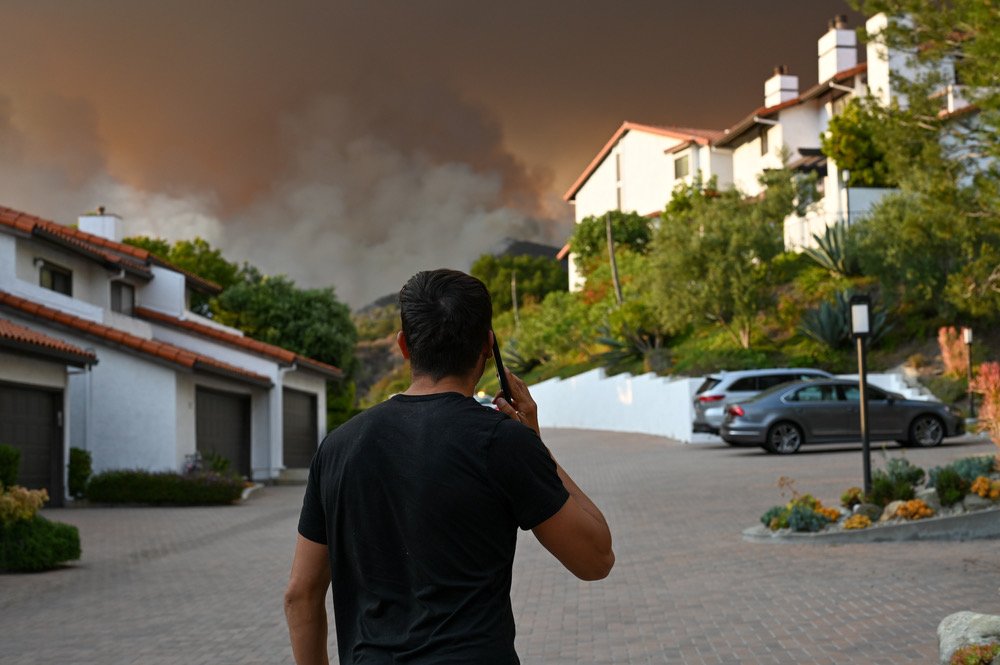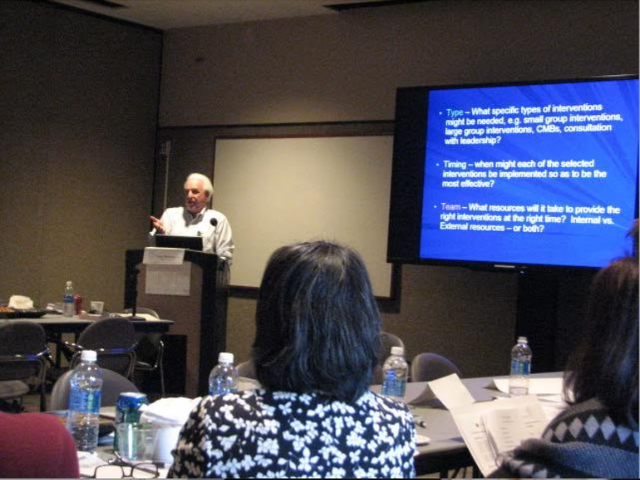Gary F. Brown, Ph.D., FAAETS, BCETS
(310) 208-3105
Critical Incident Response, Consultation, Team Development & Training
With over 30 years of dedicated service, Gary F. Brown, Ph.D., FAAETS, BCETS, stands as a venerated pillar in crisis intervention and trauma response, empowering individuals and communities with resilience and healing through innovative solutions and compassionate care.
Services
-

Pre & Post Incident Planning
Recognizing the importance of being prepared before a crisis strikes can set you and your organization apart. If you're looking to proactively safeguard your team with thorough risk assessments, comprehensive incident action plans, or the establishment and enhancement of an in-house Crisis Response Team, seeking expert guidance is a crucial step toward ensuring readiness and resilience.
-

Crisis Response Services
If you just had or are currently experiencing a critical incident and one or more of your employees, staff, or contracted personnel are impacted, and you would like an initial assessment for the appropriateness of crisis intervention services, please click here for my emergency contact information.
-

Training & Workshops
A broad selection of training and workshops are available, custom-designed to cater to the particular requirements and concerns of organizations and their stakeholders who may encounter or need to respond to traumatic events.
Crisis Response
When a critical incident occurs, it's often immediately apparent that it has deeply affected those involved, who may show clear signs of distress and a disruption in their ability to function as usual. Individuals might also openly or subtly express a readiness to receive help. It is at this juncture that one should consider activating a crisis response.
However, there are instances when the extent of the impact isn't immediately discernible. The accurate measure of a critical incident often lies in the reactions of those involved rather than the event itself.
To gauge whether crisis intervention might be needed, consider if the incident significantly alters even a single individual's emotional state. If that's the case, it's likely a sign of a critical incident, and intervention services could be warranted. Remember, an effect on one can indicate a broader impact on the group.
Should there be any doubt about the necessity for intervention, I encourage you to explore the services provided or reach out directly for assistance in evaluating the effects on your team and what supportive actions to take next.
Areas of Critical Incidents
-
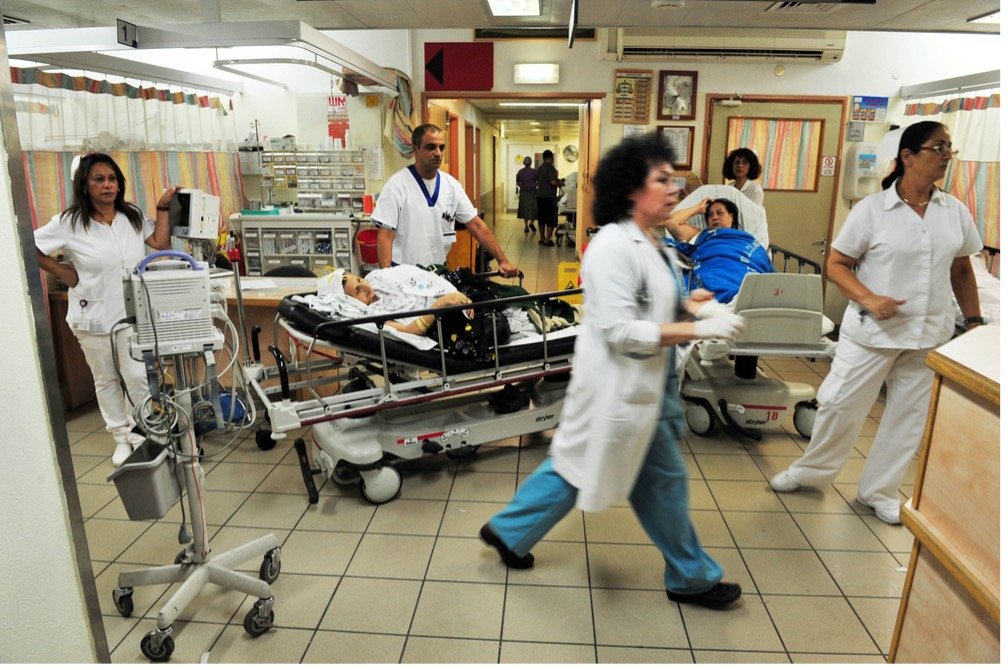
Hospital & Medical Centers
-

Education
-
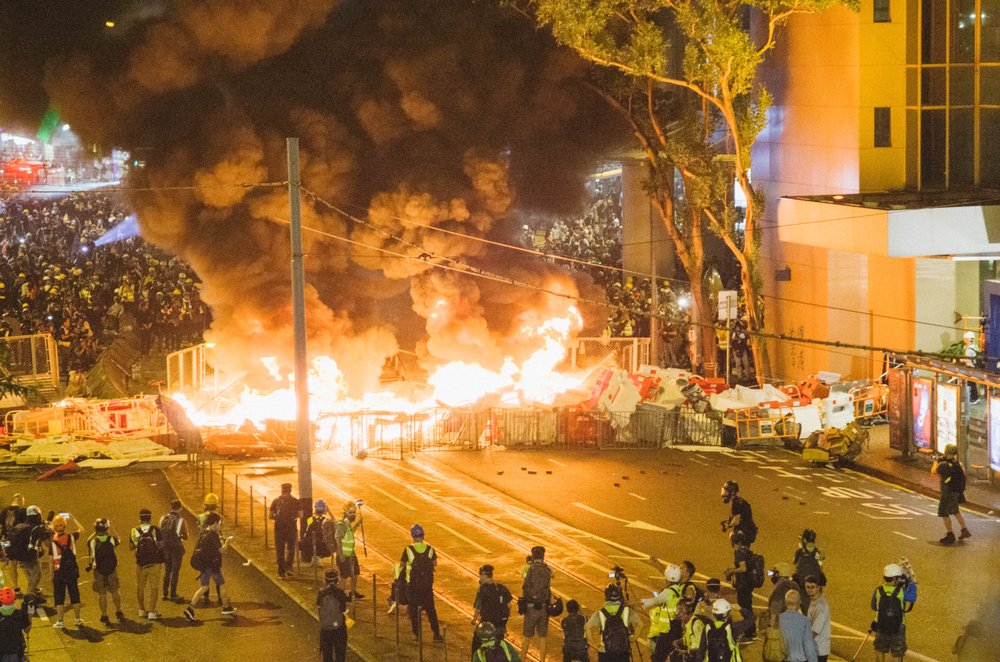
Act of Terrorism
-
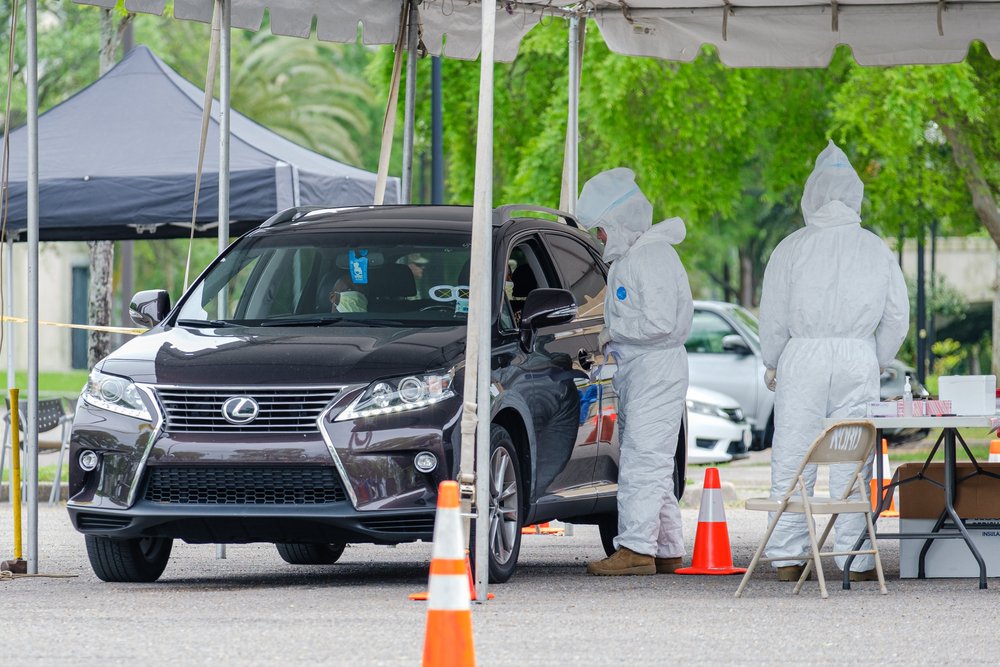
Government
-
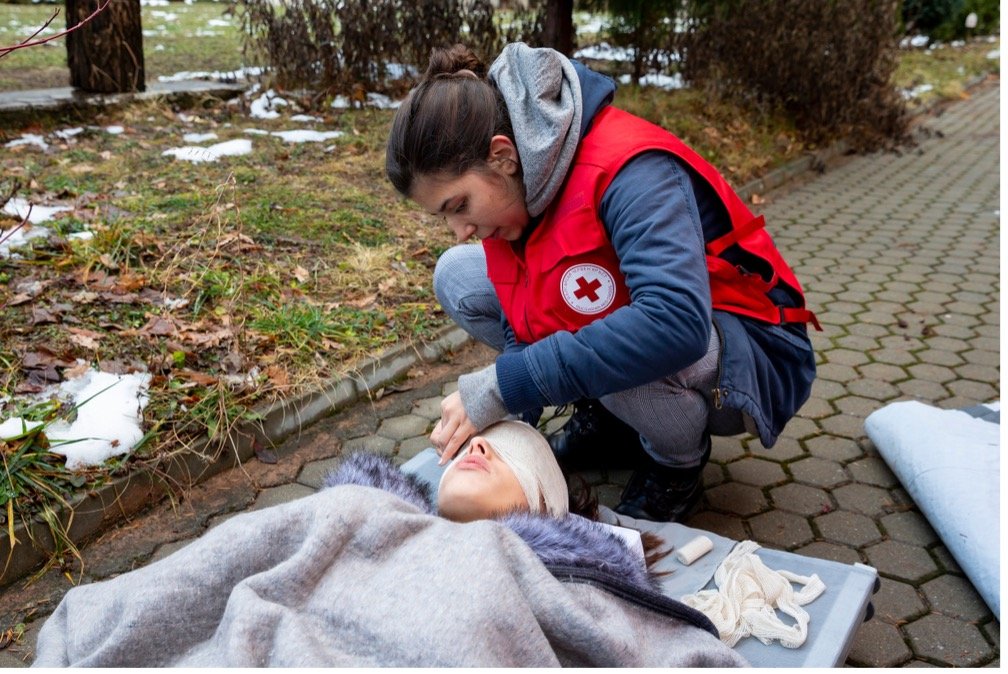
Disaster Relief Organizations
-
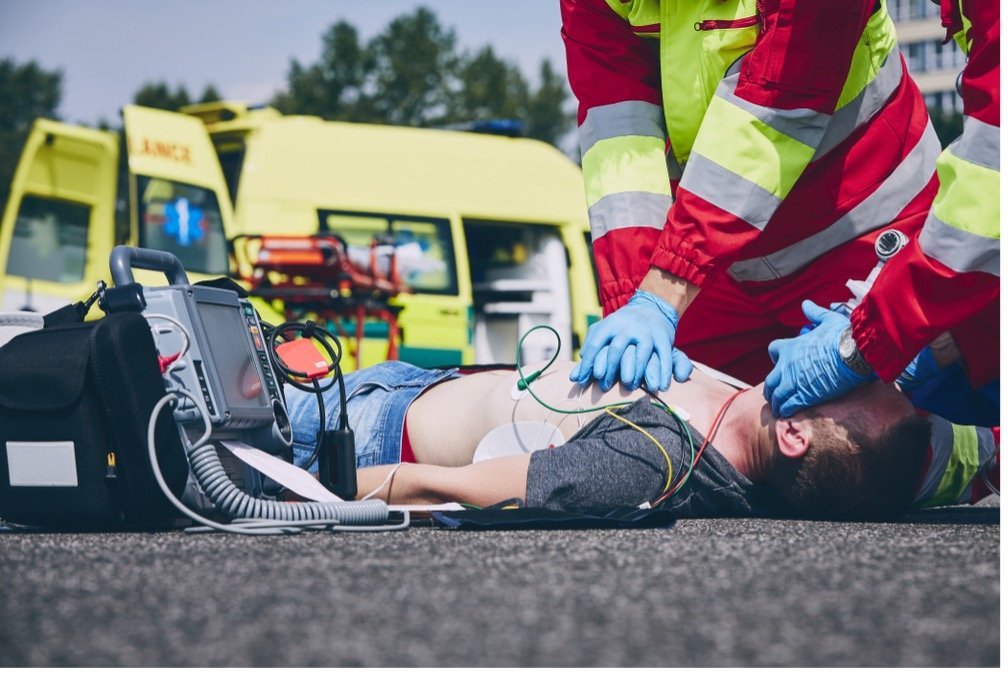
Fire & EMS
-
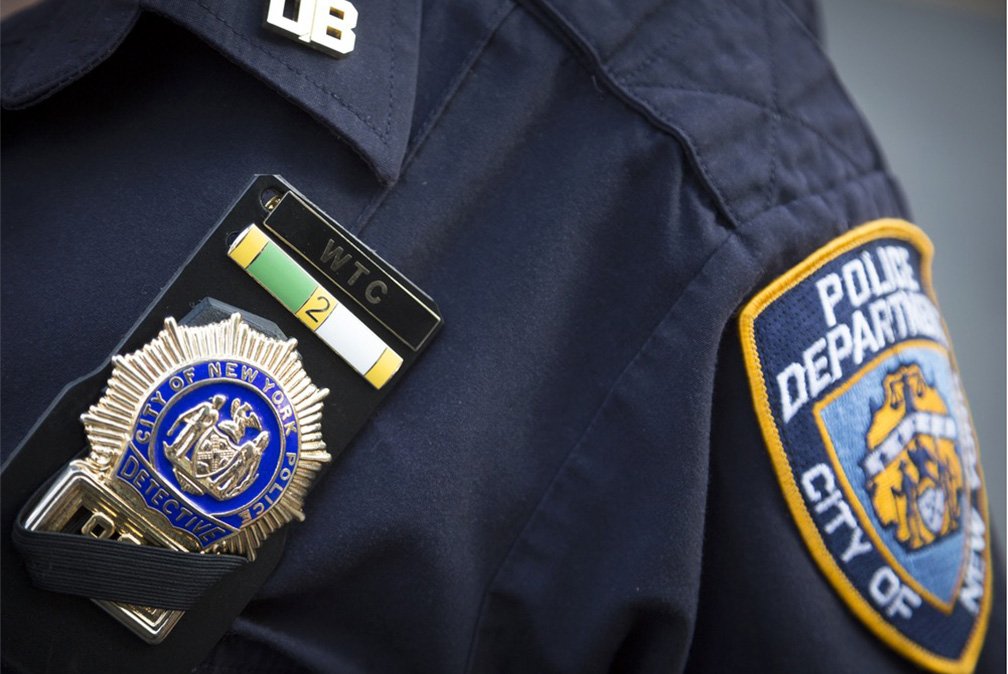
Law Enforcement
-

Transportation
-

HR & Employee Assistance Programs
-

Media
-
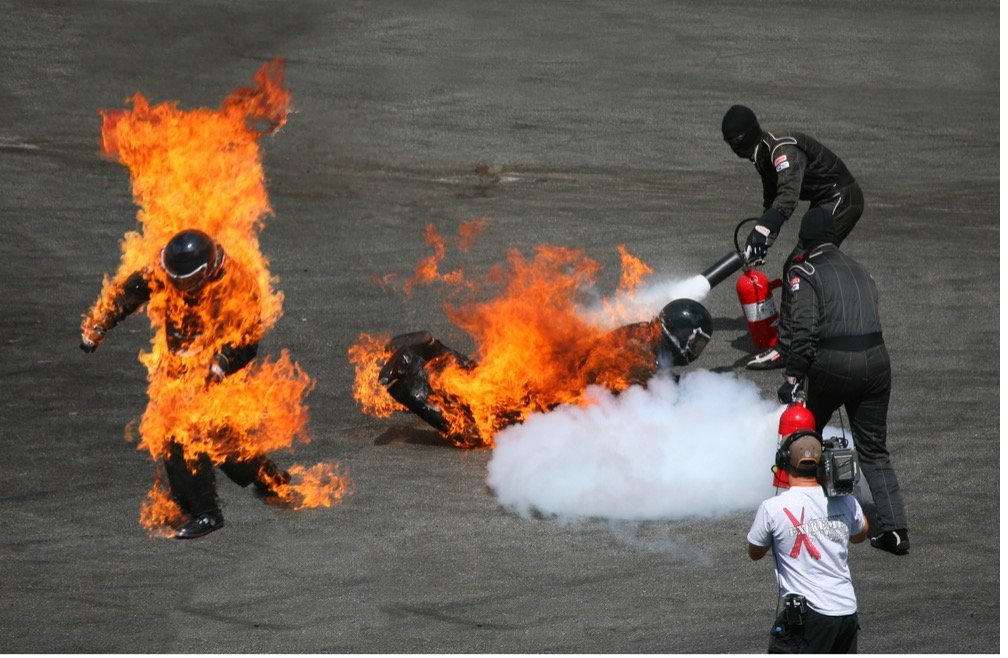
Entertainment Industry
-

Business
